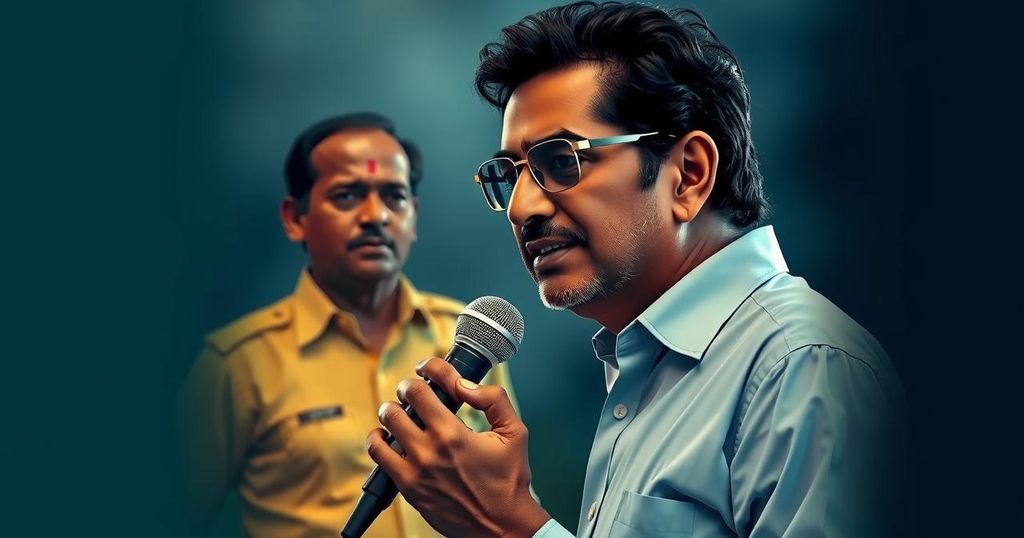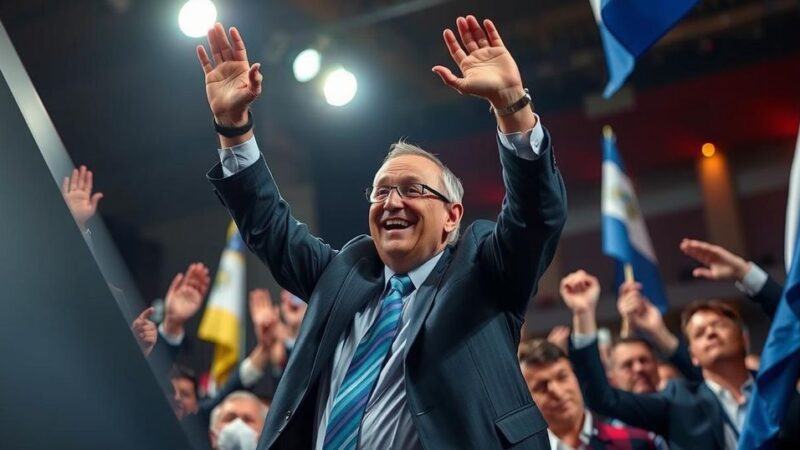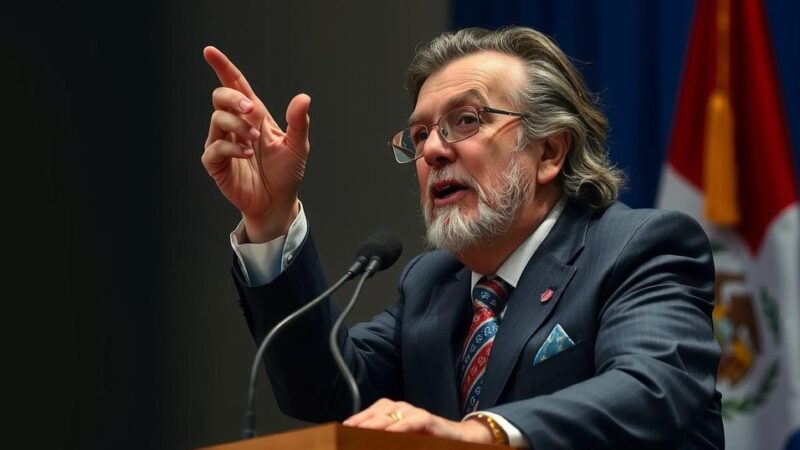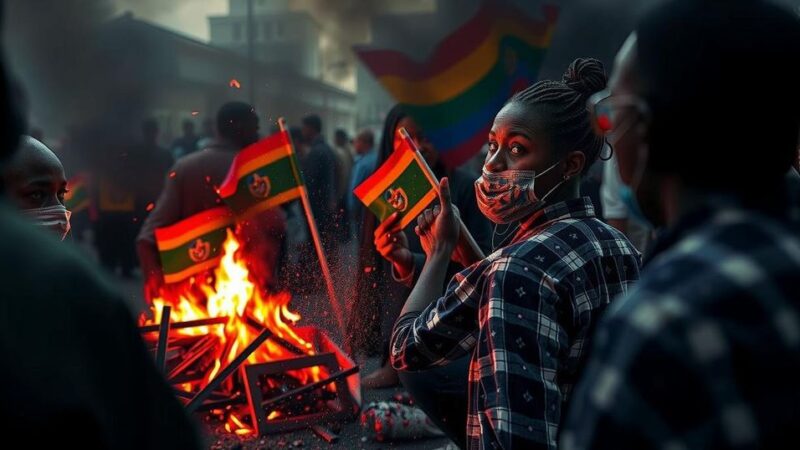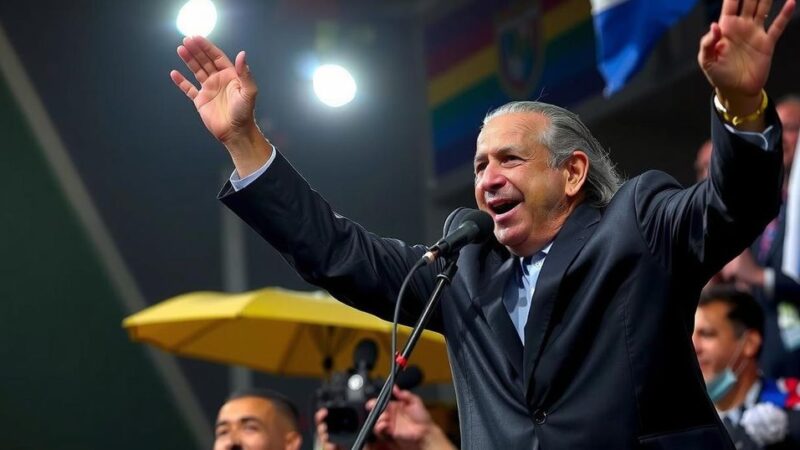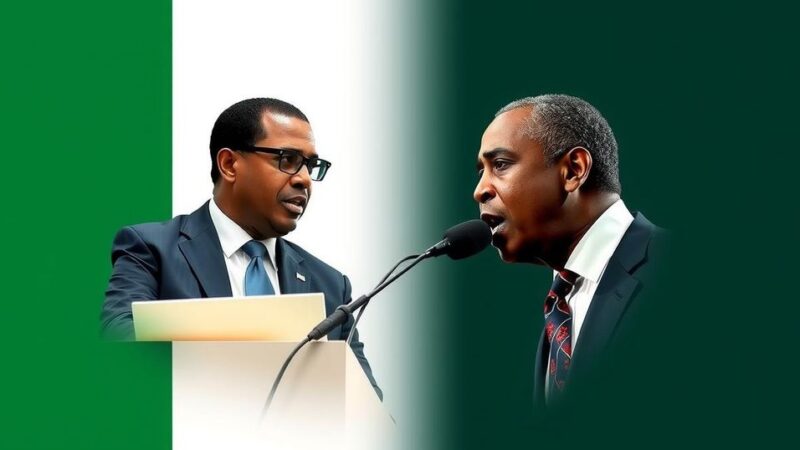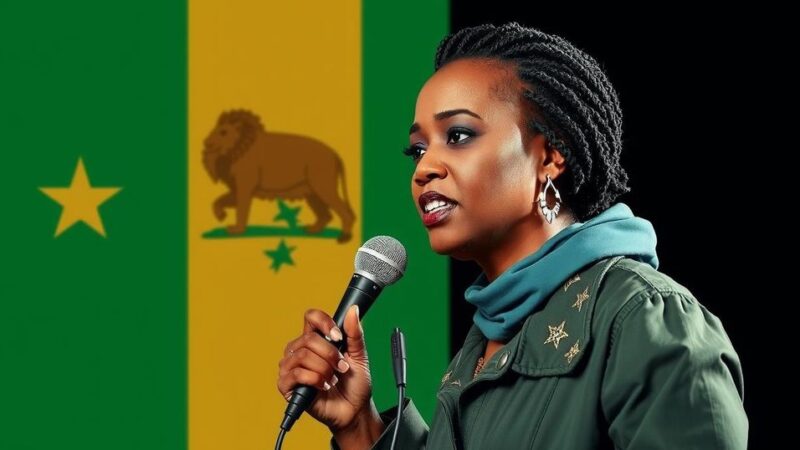Sri Lanka has recently elected a new president following a period of severe economic crisis characterized by debt default and public protests. The new leader, affiliated with a Marxist party, seeks to restore stability after the previous administration collapsed. The country is currently experiencing efforts to tame inflation and restructure its debt with support from the International Monetary Fund, marking a critical phase in its recovery efforts.
In the wake of significant economic turmoil, Sri Lanka has elected a new president who is considered an outsider, marking a potentially transformative period for the nation. The previous administration, led by Gotabaya Rajapaksa, collapsed under the weight of public discontent fueled by economic crisis, which resulted from the pandemic, excessive debt, and policy mismanagement. Following Rajapaksa’s departure to the Maldives amidst massive protests, the country has begun to stabilize through measures such as securing an International Monetary Fund bailout and reaching agreements with creditors on debt restructuring.
Currently, inflation rates are being controlled, and the national currency’s value is improving as the new leadership, rooted in a Marxist party, aims to guide the nation towards recovery. This period marks a significant shift in governance, with the populace anticipating the changes that the new administration will initiate to address the dire economic circumstances and restore trust in the political system. As Sri Lanka navigates its way back to stability, the new administration’s policies and governance style will be closely scrutinized both domestically and internationally.
Sri Lanka’s recent history has been marked by severe economic distress, triggered chiefly by the COVID-19 pandemic, which exacerbated existing issues such as heavy borrowing and flawed policies. The country’s default on its debts two years ago unleashed a spiral of hyperinflation and scarcity of essential goods, leading to widespread public protests that demanded a change in leadership. The resignation of President Gotabaya Rajapaksa, perceived as overly aligned with China, opened the door for a new president with a distinct political background, aiming to correct course amidst promises of reform and economic restoration.
In conclusion, the recent upheaval in Sri Lanka represents a pivotal moment for the nation’s governance and economic direction. The emergence of a new president from a Marxist-rooted party signals a potential shift in policy and approach to addressing the country’s significant economic challenges. As inflation stabilizes and fiscal measures take effect, the expectations for meaningful reform will undoubtedly be high as the populace looks toward a more resilient future.
Original Source: www.economist.com
